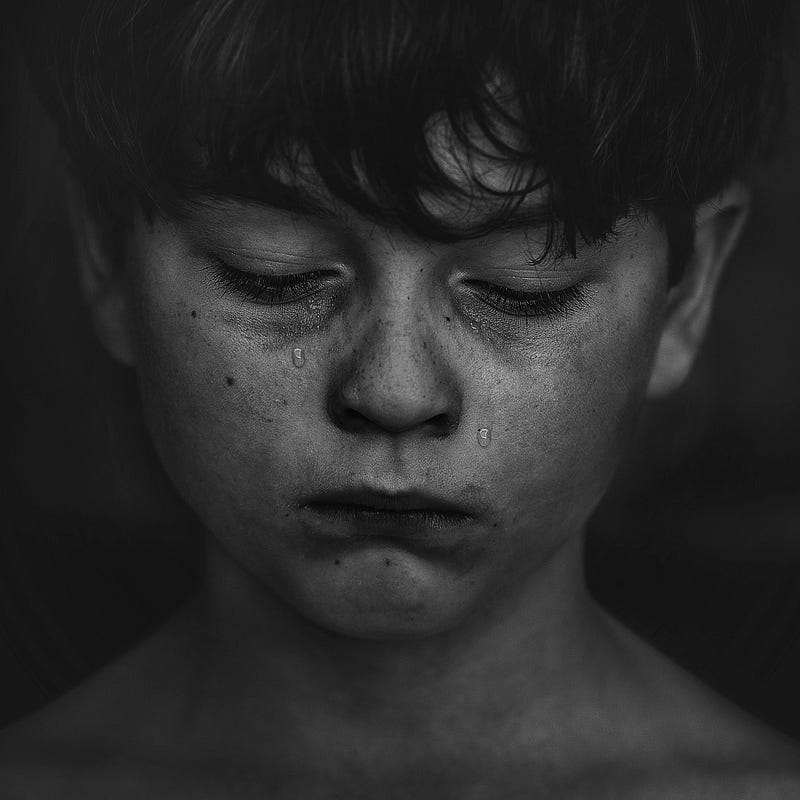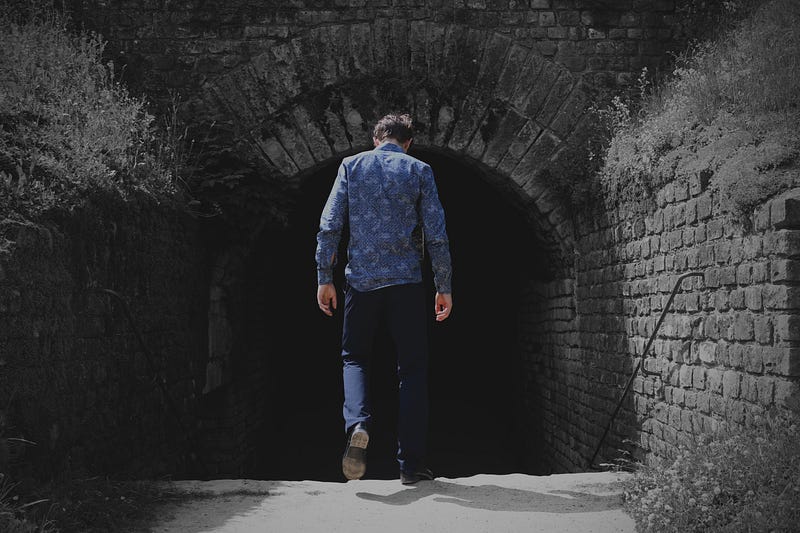Enhancing Family Engagement to Tackle Student Misconduct
Written on
In recent times, schools have seen a rise in complaints regarding student misconduct. Traditionally, issues such as unpreparedness for class, dress code breaches, tardiness, and sleeping during lessons caused significant disruptions. Teachers and administrators once relied on the Code of Student Conduct to set behavioral expectations, often resolving issues with a simple call to parents.
However, over the years, both the frequency and severity of behavioral issues among students have escalated. Conflicts among peers often result in physical altercations, and bullying has become rampant. Angry outbursts lead to disruptions in classrooms, turning defiance into a common occurrence. In response, many school districts have implemented comprehensive policies and enhanced training for educators, focusing on topics such as Crisis Prevention, Trauma-Informed Care, and Positive Behavior Support.

Despite the extensive professional development programs available, and regardless of the various initiatives promoted by experts, the reality remains stark: many school environments have deteriorated due to student conduct across all grades.
For teachers affected by these issues, the joy of teaching has transformed into a daily fear of entering the classroom. They endure physical, verbal, and emotional assaults from students, including being spat on, kicked, punched, or having objects thrown at them. Witnessing extreme violence during student fights, such as hair being ripped out and bloodshed, leaves a lasting impact. The chaotic scenes of overturned desks and profane outbursts create an atmosphere of fear and anxiety.
Many educators find that the passion for teaching is overshadowed by the struggle to simply survive another day in their classrooms. Despite their unwavering commitment to their students and institutions, numerous teachers suffer in silence due to the emotional toll inflicted by student behaviors. Left without adequate support to address ongoing behavioral challenges, they grapple with feelings of abandonment.

My Understanding From Experience
Teachers are not the only ones confronting these ongoing behavioral issues. Reflecting on my two-decade experience as a principal in a diverse, challenging school district, I remember the common tendency to blame school leaders for student misbehavior. The expectation was for principals to enforce strict disciplinary measures, often leading to suspensions and expulsions. This trend has faced criticism from organizations advocating for social justice, particularly concerning its impact on marginalized students.
During my tenure, I frequently met with superintendents who demanded improved student behaviors, as if I had a magical solution. Attempts to discuss root causes such as parental disengagement and exposure to violence were dismissed as irrelevant. I recall one superintendent labeling me as "too compassionate," indicating that my approach was misguided.
With limited resources to address the pressing issues impacting the learning environment, I often worked long hours to support a student body of nearly 600. This experience mirrored the feelings of isolation many teachers face today, especially when confronting disruptive behaviors in their classrooms.

By my last year at that particular school, the district began to recognize the severity of the behavioral challenges. Despite the implementation of training and best practices, conditions worsened. I had to function as a social worker, connecting families with mental health services, until a social worker was finally hired mid-year. By then, the school was in distress, and many faculty members focused on merely getting through each day.
The following year, the district added more resources in response to the troubling conditions. After transferring to another building, I regained my professional peace and joy.
Addressing Disciplinary Challenges
#### Actions Taken by School Districts
Due to the adverse impact of student offenses on both peers and educators, school districts have begun to acknowledge the existence of these issues. In addition to enforcing safety policies, district leaders are collaborating with researchers and mental health professionals to find solutions. Consequently, schools are increasingly recognizing the link between disruptive behaviors and mental health challenges.
Schools with a high concentration of untreated mental health issues are at risk, as student conditions often manifest in severe behaviors. Barriers to treatment can arise from parents’ lack of knowledge about navigating mental health services, indifference to their child's needs, or denial of existing issues.
In recent years, many schools have forged partnerships with health and human services agencies to provide on-site treatment. This initiative allows students and their families to access necessary resources. However, the demand for treatment often exceeds the availability of programs, leading educators to advocate for enhanced access to mental health services within schools.
#### The Role of Educators
Historically, many school leaders and teachers remained silent about the challenges posed by student behaviors, fearing repercussions and desiring to maintain a positive school reputation. However, a growing number of educators are now courageously speaking out about their experiences.
Reports of these challenges are gaining traction on social media, where educators seek advice and support from colleagues. Examples of strategies for teachers include protecting themselves during incidents, thorough documentation, and communicating with administration and unions.
As a result, some educators have begun submitting formal grievances to labor unions, demanding increased safety measures and mental health resources within schools.

My Beliefs About Family Engagement
As a proponent of family engagement, I firmly believe that fostering strong family involvement can lead to positive outcomes for students, educators, and the broader community. Importantly, I contend that enhancing family engagement can significantly mitigate the behavioral challenges plaguing many schools.
Writing is one of the avenues through which I advocate for my mission. My collection of articles on platforms like Medium.com and "Teachers On Fire" reflects my commitment to promoting parental responsibility in addressing student behavioral issues. In one notable piece, I argue that schools must engage parents sincerely to tackle these challenges effectively.
In summary, educational institutions should not shoulder the entire responsibility for improving student behaviors. While many students face mental health challenges, not all disruptive behaviors stem from these issues. Some students willfully engage in misconduct, often due to inadequate parenting.
Acknowledging the connection between poor parenting and disruptive behavior is essential for meaningful improvements. Once educators accept this reality, they can implement recovery strategies to address behavioral issues effectively.
Steps Toward Recovery Through Family Engagement

- Building Relationships: School leaders should create opportunities for open dialogue with parents about behavioral concerns, possibly through meetings in community spaces or home visits. Facilitators must clearly articulate problems and seek parental support urgently.
- Ongoing Education: Schools need to genuinely commit to continuous relationship-building with parents through training programs and workshops designed to empower them in their roles.
- Celebrating Success: Recognizing the achievements of parents who engage in these programs can motivate them to continue their involvement, whether through certificates or special events.
Conclusion
Negative student behaviors can indeed change. Educators must confront this reality without placing blame on others. They should actively participate in professional development to address these issues. Schools should not assume full responsibility for student discipline; instead, they must embrace parents as vital partners in fostering improvement. Increasing family engagement is key to overcoming these challenges.
Dr. Deborah M. Vereen is a retired educator and school administrator. More about her work can be found on her website, www.Drdeborahmvereen.com, and her YouTube channel at https://www.youtube.com/channel/UCS1DPhBeA29UlybU9jzDkdQ.